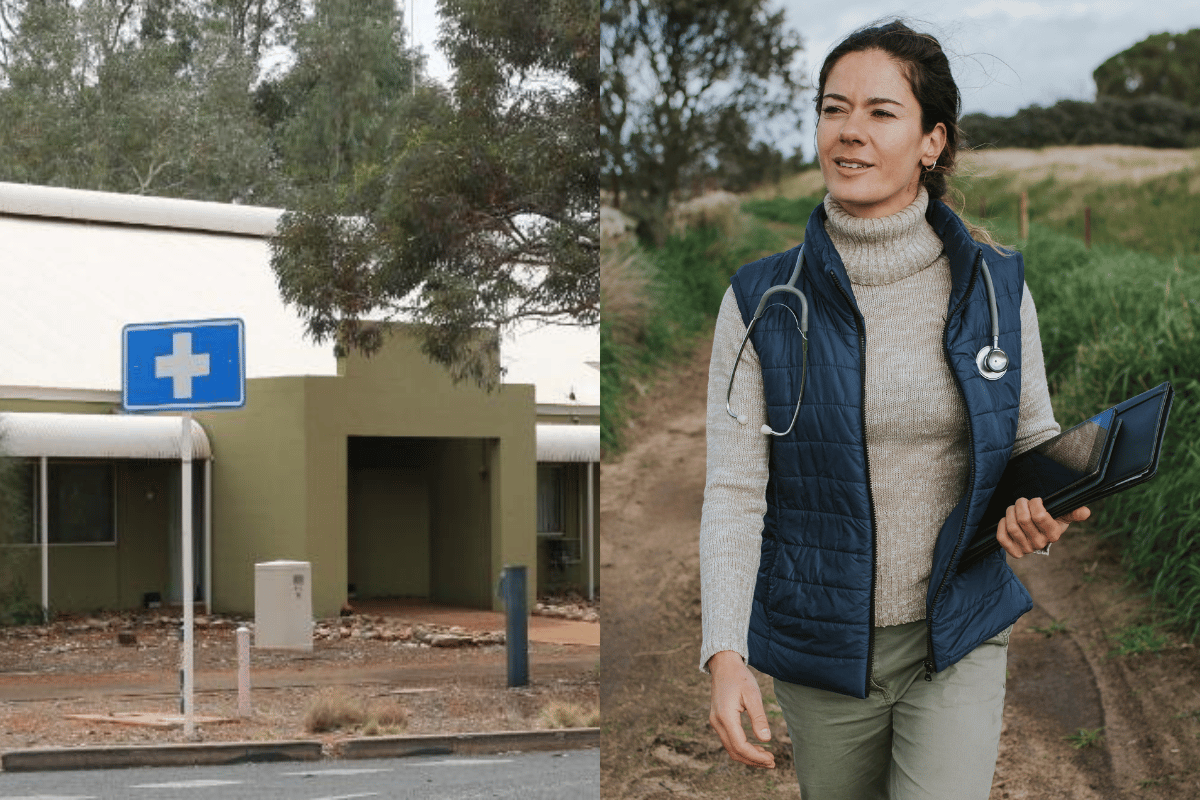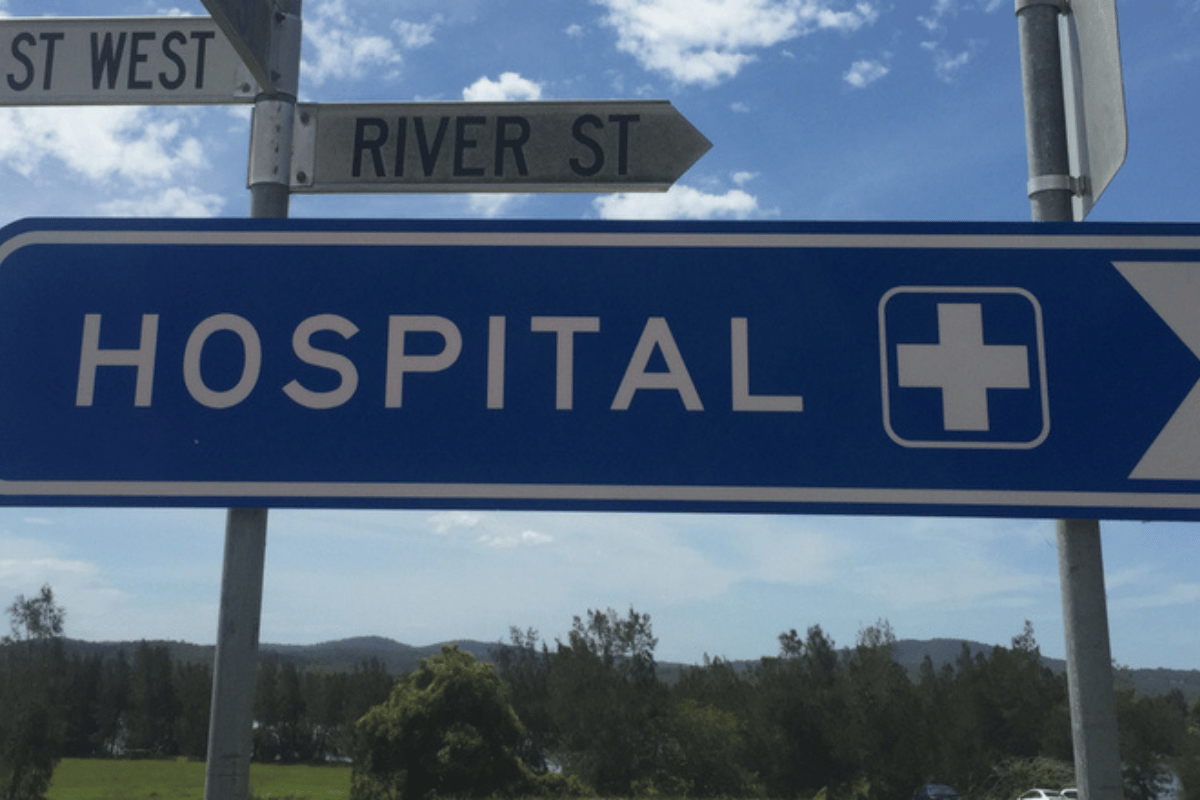
Having spent a year travelling and working in the US, Natalie* was looking forward to a new chapter in her life.
At 26, she decided to spend a few months at her parents' home to wind down after her international adventure, and figure out the next stage of her career.
She was planning to move to Melbourne, and — armed with her Master's degree — was excitedly searching for apartments and jobs.
"While I was in the US, I lived the good life," says Natalie.
Watch: Naomi Watts talks about menopause and women's health. Article continues after the video.
"I had the opportunity to meet incredible people and I fell head over heels for an amazing man who adored me, and we spent eight blissful months together.
As incredible as it was, though, they both knew their love affair was temporary. And while she kept a special place for him in her heart, Natalie was excited about what lay ahead back home in Australia.
But then, her period was late. Natalie's parents lived in a small country town, so she went to the family GP and told them about her skipped period.
"He told me to pee in a cup and did the test. It was positive. I immediately burst into tears.





























































































